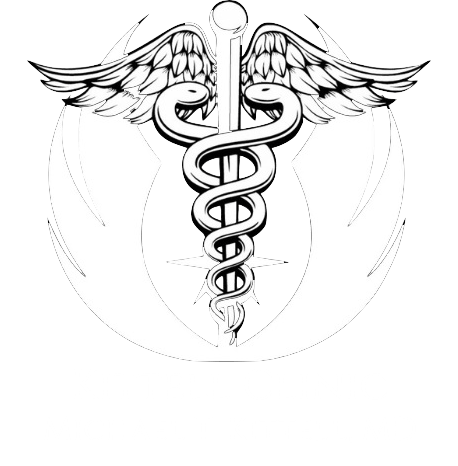MAT
Medication-Assisted Treatment
Medication-Assisted Treatment (MAT) is the use of medications with counseling and behavioral therapies for the treatment of substance use or opioid abuse disorders. MAT bridges the biological and behavioral components of addiction. This combination is effective in the treatment of substance use disorders and can help some people sustain recovery.
